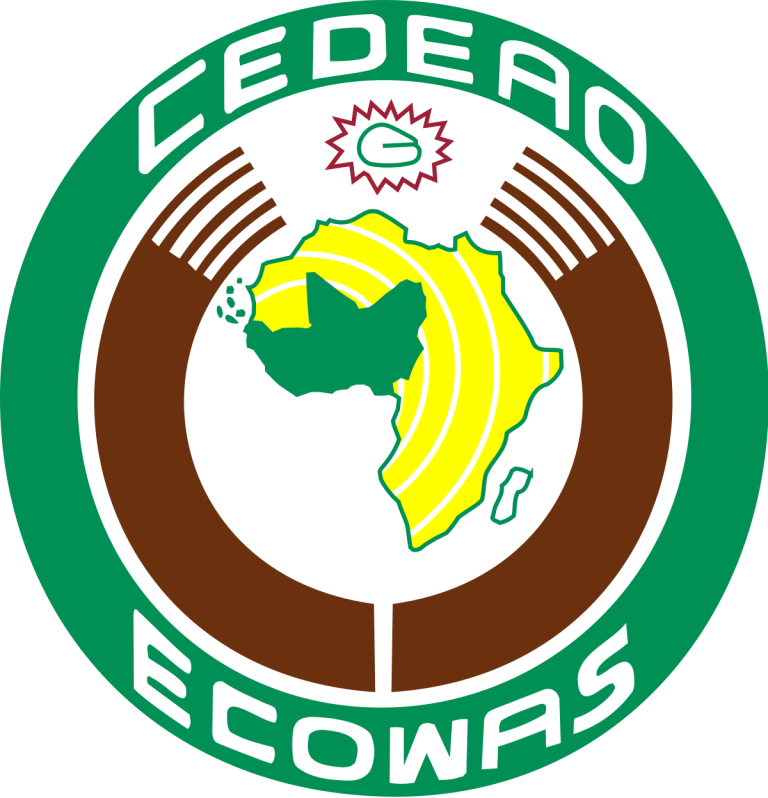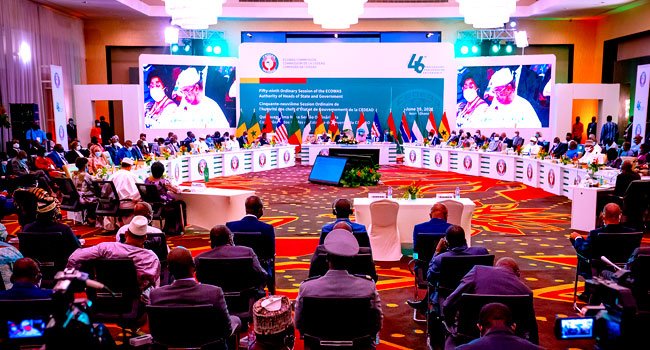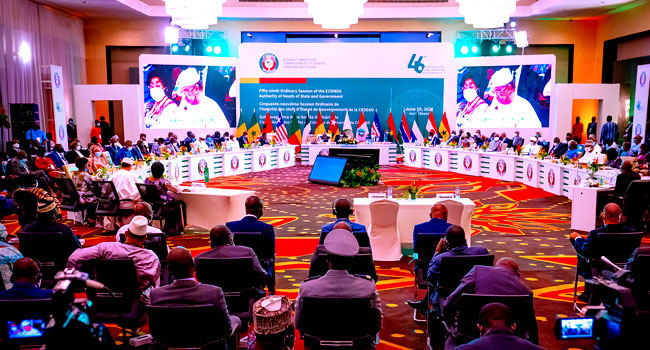By Abdul Mahmoud Yayale
The protracted crisis in Mali has escalated into a stark referendum on the authority and efficacy of the Economic Community of West African States (ECOWAS). What began in 2012 as a Tuareg separatist rebellion swiftly co-opted by jihadist forces has morphed into a complex stalemate defined by repeated military coups, ethnic strife, and a fundamental clash between a defiant junta and the regional bloc. This confrontation reached its dramatic climax in 2024 when Mali formally announced its withdrawal from ECOWAS. This move signifies a fragmentation of West African unity, a severe blow to collective security, and a victory for a new model of mercenary-backed authoritarianism in the Sahel.
To understand Mali’s dramatic unravelling, one must first examine the deep-seated governance failures that laid the groundwork for collapse. For decades, the state in Bamako functioned as a corrupt, neo-patrimonial system that marginalized the vast northern territories. This created a profound vacuum of legitimacy and deep resentment among Tuareg and other northern communities. This tinderbox was ignited by the fall of Libya’s Muammar Gaddafi in 2011, which led to an influx of battle-hardened Tuareg fighters and heavy weapons. The Malian government’s feeble response exposed its profound weakness, culminating in a pivotal coup in March 2012 by Captain Amadou Sanogo. This coup shattered the chain of command and became the immediate trigger for ECOWAS’s intervention.
Guided by its robust anti-coup protocols, ECOWAS swung into action, imposing sanctions and demanding a swift return to civilian rule. However, the crisis had already metastasized. The Malayan National Liberation Army (MNLA) secular rebellion was quickly hijacked by better-funded jihadist groups like Al-Qaeda in the Islamic Maghreb (AQIM) and Ansar Dine, who imposed a harsh Salafist rule. Fearing a terrorist safe haven, ECOWAS backed a French-led military intervention, Operation Serval, in January 2013. The French force, with ECOWAS support, successfully pushed the jihadists from major urban centers. This was followed by the deployment of the UN mission, MINUSMA, in which ECOWAS troops were integrated. The 2015 Algiers Peace Agreement aimed to address northern grievances, but it was poorly implemented by a corrupt Bamako government. The root causes—systemic corruption and chronic marginalization—were never addressed, sowing the seeds for the next phase of the crisis.
The inevitable backlash arrived in 2020. Public patience with President Ibrahim Boubacar Keïta (IBK), widely seen as corrupt and incapable, had evaporated. Mass protests filled the streets, and Colonel Assimi Goïta staged a coup in August 2020. ECOWAS responded by condemning the coup, suspending Mali, and demanding a rapid transition. When Goïta staged a second coup in May 2021, ECOWAS escalated its response, imposing harsh economic and financial sanctions. This strategy proved to be a catastrophic miscalculation. While the sanctions crippled the economy, the pain was felt most acutely by ordinary Malians, not the junta. The military government skillfully framed the sanctions as a neocolonial attack on Malian sovereignty, a potent nationalist rhetoric that resonated deeply with a population weary of foreign influence. Instead of capitulating, the junta dug in, its resolve strengthened by a wave of popular support that ECOWAS had inadvertently helped to create.
As its relationship with ECOWAS shattered, the junta executed a dramatic geopolitical pivot. It expelled French forces in 2022 and terminated the UN mission (MINUSMA) in 2023. To fill the void, it deepened its alliance with the Russian Wagner Group. The arrival of Wagner consolidated the junta’s authoritarian grip and provided it with a powerful, brutal military partner and a formidable external backer. This maneuver significantly eroded ECOWAS’s leverage. The bloc, facing internal divisions, found itself outmaneuvered. Its primary tool of coercion—sanctions—had backfired, and it had no viable military option or diplomatic carrot to counter Russia’s influence. The limits of ECOWAS’s power were laid bare.
The human cost of this political failure is immense. Jihadist violence has persisted and intensified, with inter-communal conflicts flourishing in the security vacuum. Over two million people remain displaced, and the country stands as a tragic epicenter of instability. Mali’s formal withdrawal from ECOWAS in 2024 is the bitter epitaph on this failed intervention. The Malian case serves as a critical lesson for regional conflict management. It demonstrates that enforcing democratic norms through top-down coercion is futile without simultaneously addressing the underlying drivers of conflict: governance deficits, economic despair, and social fragmentation. ECOWAS, while demonstrating normative commitment, ultimately lacked the effective leverage and nuanced strategies for a crisis of this complexity. To reclaim its role as a credible guarantor of stability, ECOWAS must evolve beyond simply punishing juntas. It must develop more sophisticated, preventive, and inclusive approaches that build legitimacy from the ground up and genuinely address the root causes of conflict. The future peace and security of West Africa depend on its ability to learn this arduous lesson.
Abdul Mahmoud Yayale, is a Graduate of international Relation from Maryam Abacha American University of Niger









